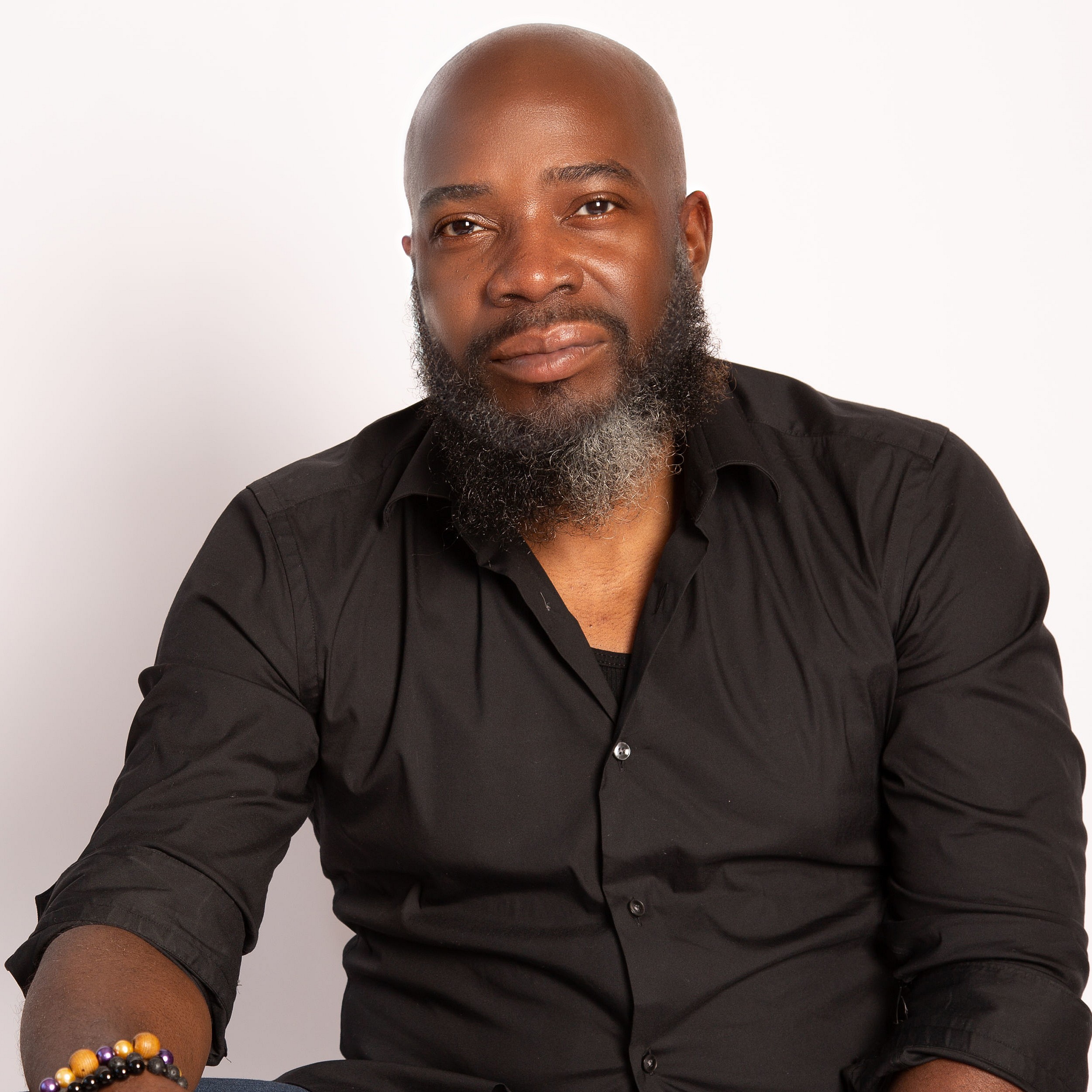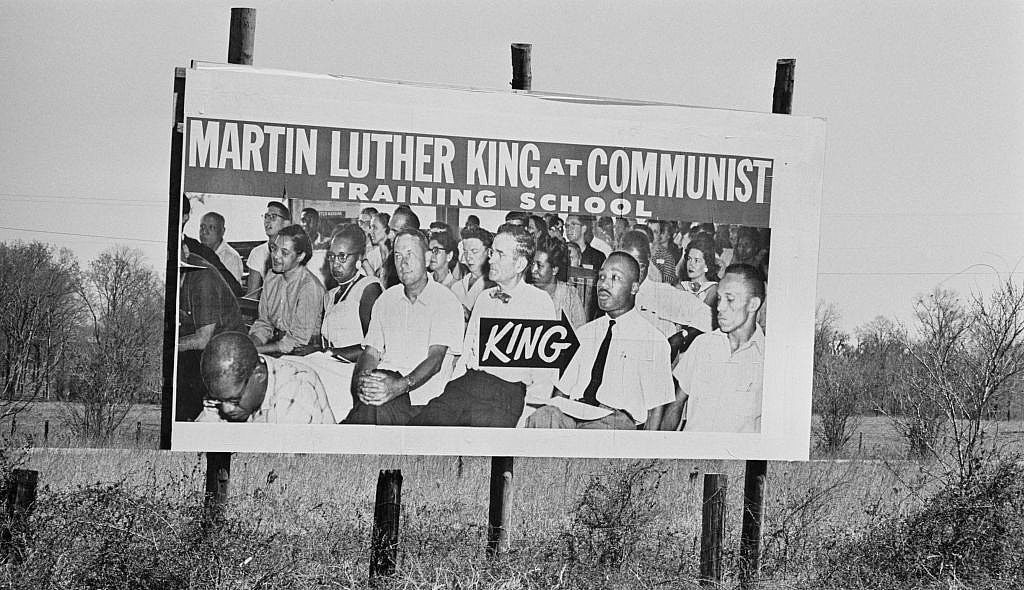Editor’s note: The following article is an op-ed, and the views expressed are the author’s own. Read more opinions on theGrio.
On June 2, 1959, 30-year-old Morehouse alumnus Martin Luther King Jr. returned to his alma mater to give a keynote that would have today’s Republicans bursting into a puddle of white tears.
Although Dr. King was already known as one of America’s most gifted preachers, he eschewed his sermonic style to construct an address that didn’t contain a single scripture. Instead, he leaned heavily on a colloquialism that was well-known in the community in which he served. Nearly three years before writer William E. Kelly’s New York Times article on a “negro idiom” exposed white America to the term, King debuted an early version of a speech that he would give more frequently than any other.
“[T]he great question facing us today is whether we will remain awake through this worldshaking revolution and achieve the new mental attitudes which the situations and conditions demand,” explained the young minister. “… This is particularly true for those of us who are emerging from the yoke of oppression as a result of the present revolution. If we allow ourselves to be content with sheer mediocrity, we will be sleeping through the at a time when we should be fully awake.”
Yes, Martin Luther King was “woke.”
While King liked the “Remaining Awake Through a Great Revolution” speech so much that he recorded it as an album, Ron DeSantis would have banned it for making white people uncomfortable. The Florida governor would’ve probably felt personally attacked when King said, “Let nobody fool you, all of the loud noises that we hear today in terms of ‘nullification’ and ‘interposition’ and “massive resistance’ are merely the death groans from a dying system.” King’s fight against “the perpetrators of the evil system that existed so long” would have been outlawed by DeSantis’ lawyers, who defined “woke” as “the belief there are systemic injustices in American society and the need to address them.” What kind of person would blame white people for institutional racism?
Nikki Haley would’ve likely called King a “Democratic plant” if she heard the 1965 version that mentioned 1619 and slavery. Christopher Rufo would’ve labeled King a communist for the rendition of the speech because it sounded a lot like critical race theory. Even moderate Republicans (if they actually exist) would have condemned King for believing in the myth of systemic racism and calling for reparations. And, of course, King was always bringing up America’s past.
“America must hear about its sins because we will never understand what is happening in this country today without understanding that we are now reaping the harvest of terrible evil planted by seeds centuries ago,” King explained. “Yes we were given emancipation but no land to make it meaningful. And you know what? At that same time, America was giving away millions of acres of land in the West and the Midwest. It was said the nation was willing to undergird its white peasants from Europe with an economic floor. Yet it would not do it for those who had been in the land, brought here in chains for 244 years so emancipation for the negro was freedom to hunger.”
Only a race-baiter would say something like this:
“In their relations with Negroes, white people discovered that they had rejected the very center of their own ethical professions. They could not face the triumph of their lesser instincts and simultaneously have peace within. And so, to gain it, they rationalized—insisting that the unfortunate Negro, being less than human, deserved and even enjoyed second class status…
White men soon came to forget that the Southern social culture and all its institutions had been organized to perpetuate this rationalization. They observed a caste system and quickly were conditioned to believe that its social results, which they had created, actually reflected the Negro’s innate and true nature.”
— “Our Struggle,“ April 1956
Today, as Americans honor America’s most celebrated civil rights icon by twisting him into a series of conveniently comfortable aphorisms, we must remember that white Americans disliked King as much as they currently dislike CRT, DEI, BLM and all of the Marxist, anti-white three-letter cusswords that white America has redefined. A 1964 poll revealed that a majority of white New Yorkers felt that the civil rights movement had “gone too far.” A 1965 Gallup poll found that 85% of Americans believed that communists were involved in the civil rights movement. By 1966, only 35% of white Americans believed that King “helped the negro cause,” while 50% believed he was “hurting” it.
King wouldn’t be surprised by a June 2023 CBS poll that found most white Americans want to abolish affirmative action programs. That’s exactly why he said: “We must also realize that privileged groups never give up their privileges voluntarily. If we are victimized with the feeling that we can sit down comfortably by the wayside and wait for the white man to voluntarily give us our justly deserved freedom, we will be the victims of a dangerous illusion, which can only end up in tragic disillusion.” When Operation Breadbasket suggested an early version of affirmative action to “negotiate a more equitable employment practice,” conservatives would have called it reverse racism. He surely would’ve been met with the phrase “not all white people …” when he said: “He who passively accepts evil is as much involved in it as he who helps to perpetrate it. He who accepts evil without protesting against it is really cooperating with it.”
They would’ve hated that guy.
Four days before a white supremacist snuffed out the life of the man who the Christian right had turned into a communist, un-American boogeyman, King decided to sprinkle a few Bible verses into his trusty speech and gave it one more shot. In the last Sunday sermon he would ever preach, King gave the most complete version of “Remaining Awake Through a Revolution.” It was longer than “I Have a Dream” and the “Mountaintop” speeches combined. King explained that battling injustice would cause some Americans to lash out against those fighting to live in a free country.
“I say to you that our goal is freedom, and I believe we are going to get there because however much she strays away from it, the goal of America is freedom,” King preached, before revealing the reason why he believed conservatives’ beta version of the anti-woke movement was doomed.
Before the Pilgrim fathers landed at Plymouth, we were here. Before Jefferson etched across the pages of history the majestic words of the Declaration of Independence, we were here. Before the beautiful words of the “Star Spangled Banner” were written, we were here. For more than two centuries our forebearers labored here without wages. They made cotton king, and they built the homes of their masters in the midst of the most humiliating and oppressive conditions. And yet out of a bottomless vitality, they continued to grow and develop. If the inexpressible cruelties of slavery couldn’t stop us, the opposition that we now face will surely fail.
We’re going to win our freedom because both the sacred heritage of our nation and the eternal will of the almighty God are embodied in our echoing demands. And so, however dark it is, however deep the angry feelings are, and however violent explosions are, I can still sing “We Shall Overcome.”
We shall overcome because the arc of the moral universe is long, but it bends toward justice.
We shall overcome because Carlyle is right—”No lie can live forever.”
We shall overcome because William Cullen Bryant is right—”Truth, crushed to earth, will rise again.”
— “Remaining Awake Through a Revolution“
Nearly 60 years later, America is still saying “Nah.”

Michael Harriot is an economist, cultural critic and championship-level Spades player. His New York Times bestseller Black AF History: The Unwhitewashed Story of America is available everywhere books are sold.
Never miss a beat: Get our daily stories straight to your inbox with theGrio’s newsletter.


